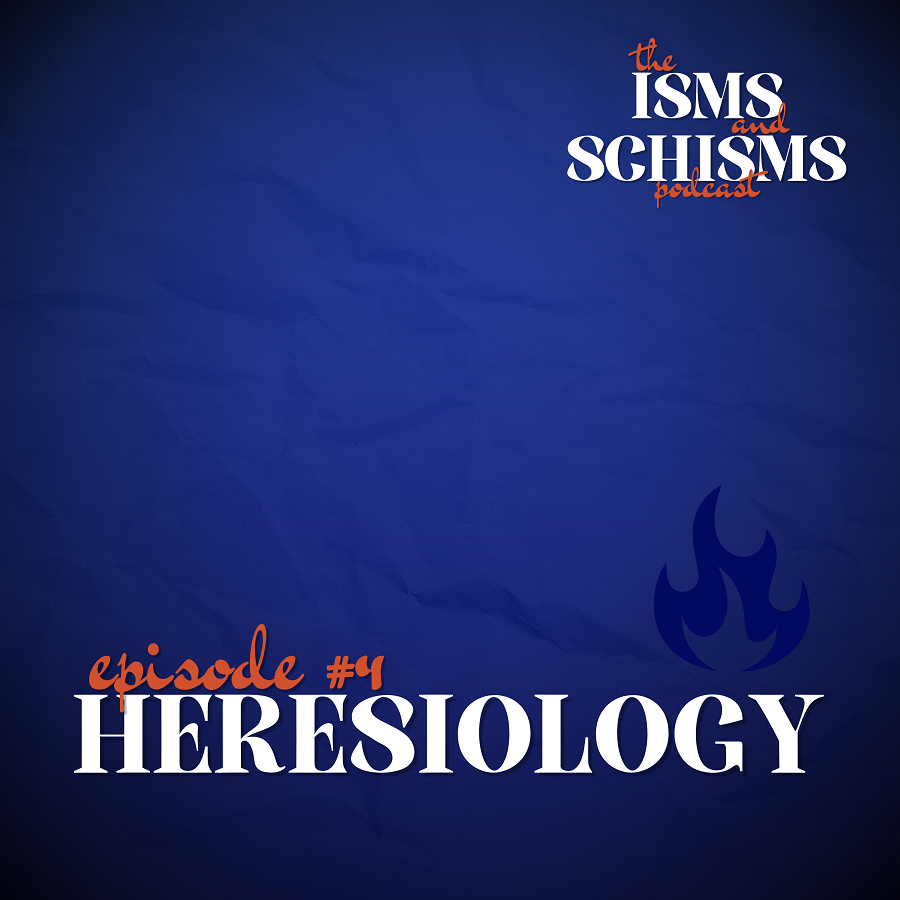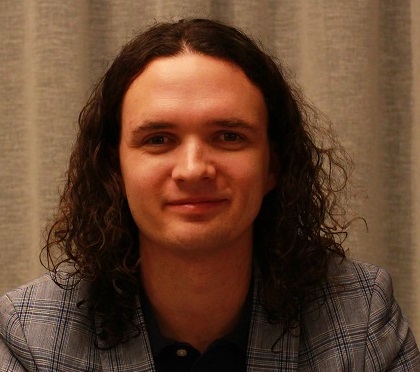
Typical definition of heresy is a belief or doctrine that is contrary to the orthodox position.
What is orthodoxy? Simply put, it is ‘right belief’ and refers to those doctrines that the church has concluded is the correct thing to believe about God. Anything beyond this is heresy, and heresiology is the study of heresy.
The word ‘heresy’ comes from the Greek word haeresis, which means ‘school’ or ‘choice’, as in, you belong to a particular school of thought. E.g. The Pharisees and Sadducees were Jewish haeresis. Josephus described himself as a follower of the the haeresis of the Pharisees. Clement of Alexandria said the greatest haeresis was found in the Christian church (read: the greatest ‘heresy’ (i.e. ‘school’) is Christianity).
It did occasionally have negative connotations, but the emphasis in this moments is on disunity, not necessarily incorrect doctrine. Over time, the word was used to differentiate those who did not comply with the emerging mainstream beliefs of the early Christian church.
However, there was no real mainstream orthodox church until the fourth century. Prior to then, there was a great deal of diversity. The reality is that there was no consensus until the formulation of the Nicene Creed.
While I don’t agree with these alternative beliefs that were declared heretical, I nevertheless think that this category was adopted and weaponized for political reasons. To separate them from us.
Heretics were exiled, excommunicated, and executed…but there weren’t really that many until the Inquisition.
This notion of heresy, I think, is an ugly mark on the church. But it’s always done with the best intentions, to protect the church from false teaching. But everything is done with the best intentions and we all know where the road paved with good intentions ends up…
I just don’t believe we can be in a position to declare any theological position entirely accurate or inaccurate. To do so would be to place ourselves in the position of God.
What about false prophets and teachers? I think we should make a distinction between false teachers and heretics. The former are those who intentionally manipulate or deceive others; the latter are those who are genuinely grappling with theological issues and who are trying to remain faithful, but arriving at conclusions different to the orthodox position.
Aren’t some beliefs just wrong? Probably, but how can we possibly make that determination? Where is the line? We can know some things, for sure, through reason, tradition, experience, scripture, community – all of which point to the ultimate revelation of God in Jesus. But we’re talking about God. And we have very human minds.
The fact that so many different denominations and traditions and churches and theological positions exists is proof enough that we cannot know for absolute certainty.
If heresy exists, then we’re all heretics.

Leave a comment